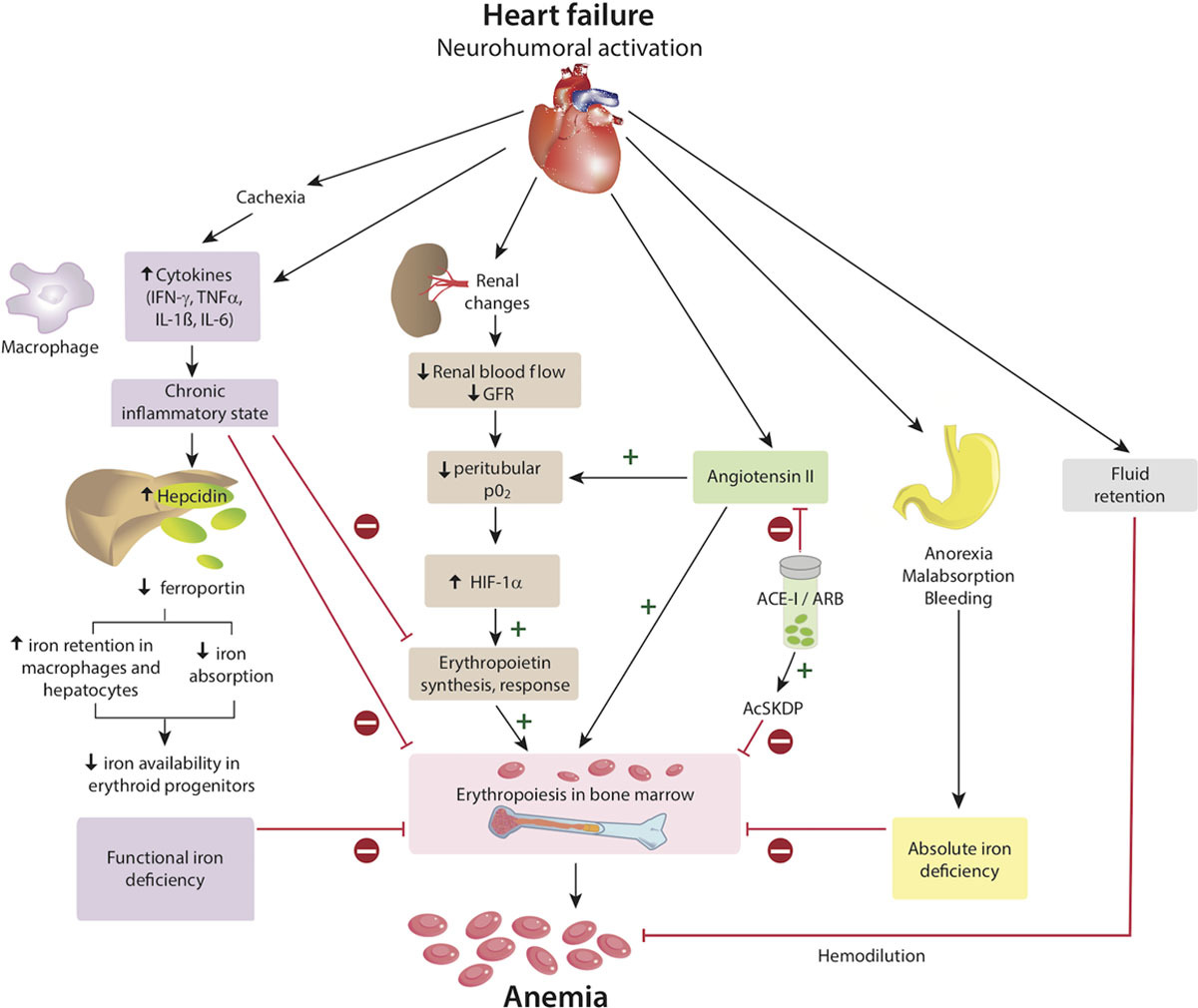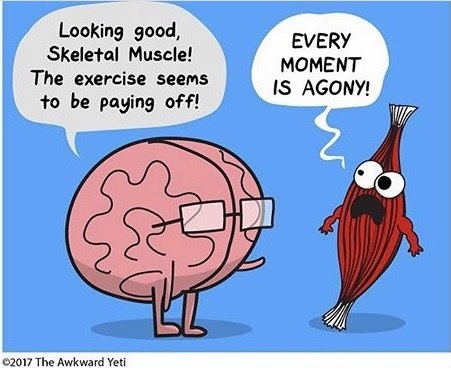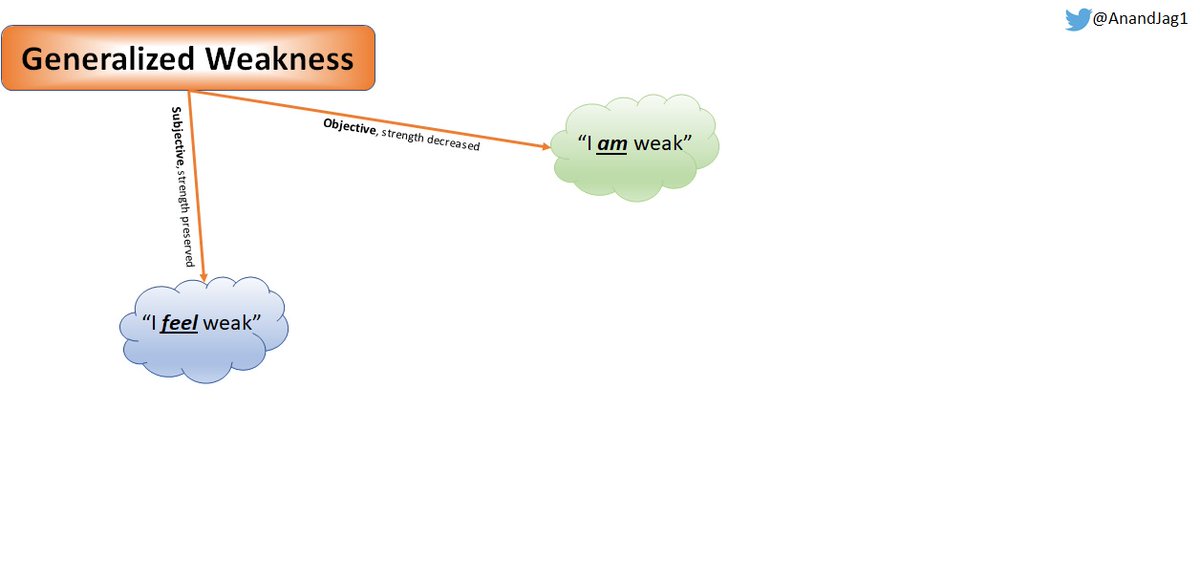
Clinician-educator at @OHSUSOM @OHSUIMRes. Thinking about how to teach reasoning #DxEd #TeachDx
2 subscribers
How to get URL link on X (Twitter) App


https://twitter.com/AnandJag1/status/1519499322236178433?s=20&t=XFdniGzBgA8tQ3tB4LcW6g
 I described a gap between DOING and TEACHING reasoning
I described a gap between DOING and TEACHING reasoning




 @hdx 1/
@hdx 1/